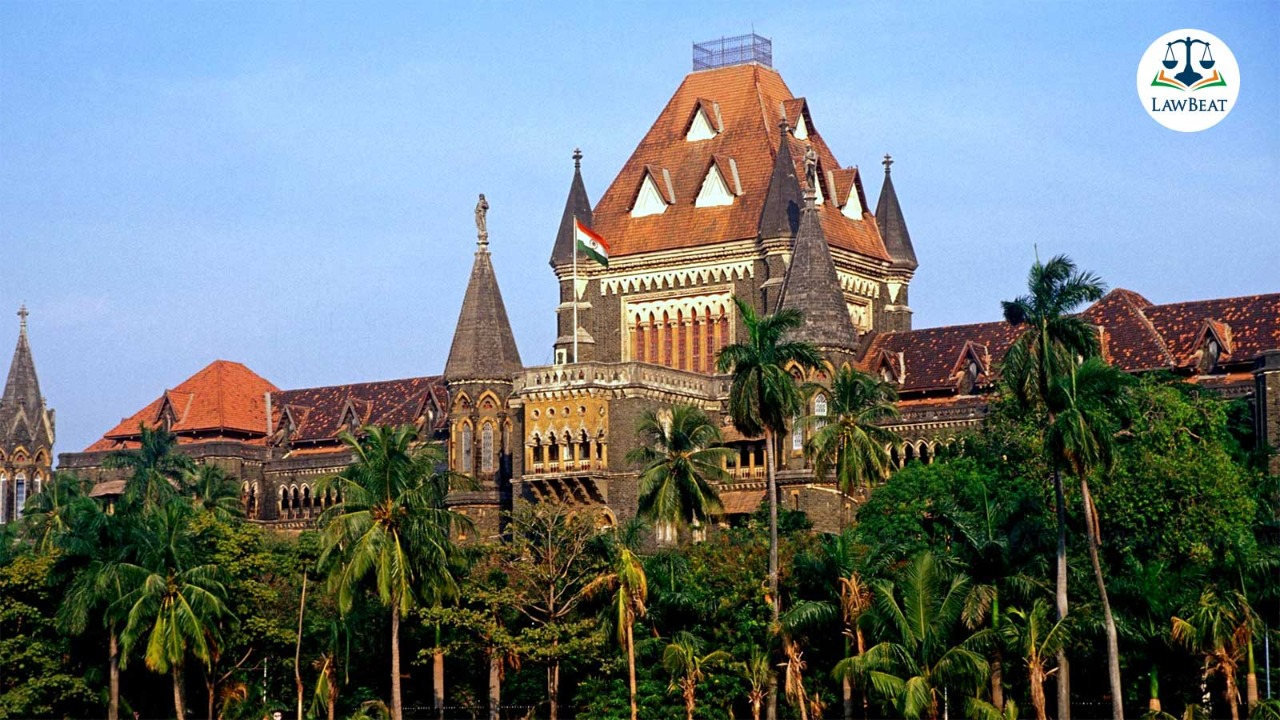Muslim Woman Can Claim Mehr from First Husband Even If She Gets Remarried: Bombay HC

The high court, in its order, stressed that even in the future, if the divorced wife remarries, it would not make a difference if the amount is payable in a lump sum.
The Bombay High Court has recently ruled that a Muslim woman is entitled to Mehr, which is a lump sum amount, from her first husband even if she is remarried.
A single judge bench of Justice Rajesh Patil held that a Muslim woman would be entitled to Mehr as stipulated under Section 3 of the Muslim Women (Protection of Rights on Divorce) Act, 1986 (MWPA) even after remarriage.
The high court, in its order, noted that Section 3 does not absolve the husband of his duty to pay a reasonable and fair amount.
“Nowhere does the said Act intend to limit the protection that is due to the former wife on the grounds of the remarriage of the former wife. The essence of the Act is that a divorced woman is entitled to a reasonable and fair provision and maintenance regardless of her remarriage. The fact of divorce between the husband and wife is in itself sufficient for the wife to claim maintenance under section 3(1)(a). Section 3 does not absolve the husband of his duty to make and pay a reasonable and fair,” the order states.
The Muslim couple got married in 2005 and also had a daughter. In 2008, the woman filed for divorce and applied for maintenance under Section 3 in 2012.
Section 3 of the MWPA states that a Muslim woman is entitled to Mehr for a period of three months after the dissolution of marriage, which is called the Iddat period.
In 2014, the magistrate court awarded a lump sum amount of Rs 4,32,000 to the wife and directed the man to pay the amount within two months. The husband then filed an appeal before the Sessions Court, which was dismissed, and instead, the Sessions Court increased the amount to Rs 9 lakh.
The husband subsequently filed an appeal before the high court during which the woman got remarried. The husband claimed that his ex-wife was not entitled to maintenance as she had remarried.
Justice Rajesh Patil, in his order, stated that if a condition were added to the Act stating that ‘the husband is absolved of his duty when the wife remarries,’ it could lead to a situation where the husband deliberately waits for his wife’s remarriage.
The high court, in its order, stressed that even in the future, if the divorced wife remarries, it would not make a difference if the amount is payable in a lump sum.
“On the date of passing of impugned order, the amount payable by the husband got crystallised, therefore, even in the future if the divorced wife re-marries, it will not make a difference if the amount is payable in lump sum. The difference would be only when the amount is payable monthly. Therefore, the amount of Rs 9,00,000, in my opinion in fair and reasonable,” the order reads.
Case title: Khalil Abbas Fakir vs Tabbasum Khalil Fakir
